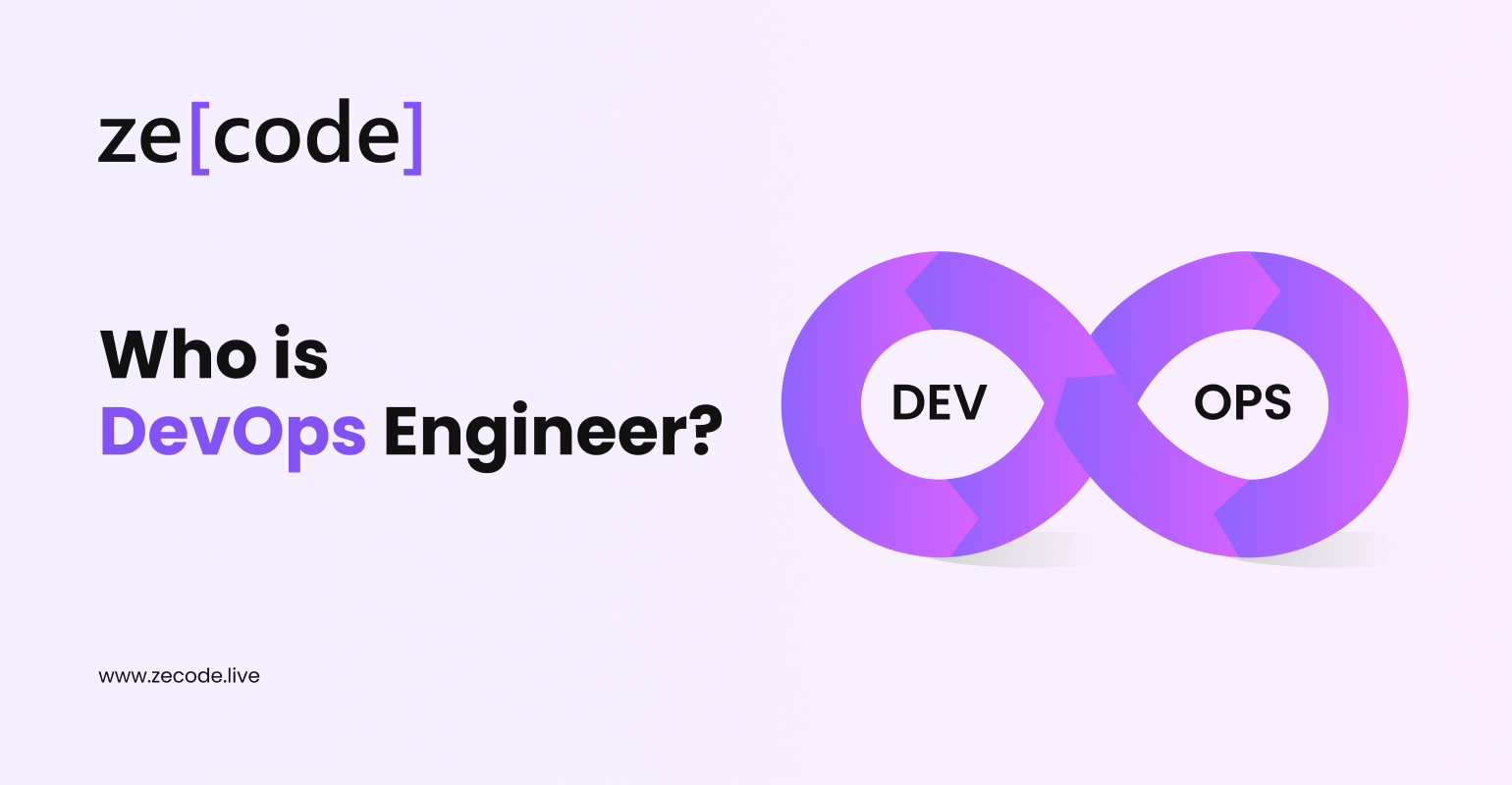Introduction:
In today’s fast-paced software development landscape, the role of a DevOps engineer has emerged as a critical and sought-after position. A DevOps engineer bridges the gap between software development and operations, fosters collaboration, and drives efficiency. This blog post aims to demystify the role of DevOps engineers, highlighting their responsibilities, skills, and the value they bring to organizations. Whether you are an aspiring DevOps engineer or a business looking to understand the importance of this role, read on to gain insights into DevOps engineering.
The Role of a DevOps Engineer
A DevOps engineer combines software development (Dev) and operations (Ops) expertise to streamline the software development lifecycle. They focus on creating a collaborative and integrated environment where development, testing, and deployment occur seamlessly. The primary goal of a DevOps engineer is to facilitate continuous integration, continuous delivery, and continuous deployment (CI/CD) practices.
Key Responsibilities of a DevOps Engineer
Continuous Integration and Delivery:
DevOps engineers implement and maintain CI/CD pipelines, ensuring that code changes are integrated, built, tested, and deployed efficiently. They leverage tools like Jenkins, GitLab CI/CD, or Circle CI to automate the software release process, reducing manual errors and enabling frequent and reliable deployments.
Monitoring and Incident Management:
DevOps engineers employ monitoring and logging tools, such as Splunk, Prometheus, Grafana and ELK Stack, to gain visibility into the system’s health and performance. They proactively monitor applications, identify bottlenecks, and respond to incidents promptly, ensuring high availability and reliability.
Collaboration and Communication:
DevOps engineers bridge the gap between development and operations teams, promoting a culture of collaboration and effective communication. They work closely with developers, system administrators, and other stakeholders to align objectives, share knowledge, and drive collective ownership of software delivery.
Essential Skills for DevOps Engineers
Programming and Scripting:
DevOps engineers should possess proficiency in programming languages like Python, Ruby, Shell Script or Go, allowing them to automate processes, develop tools, and write scripts.
Cloud Management:
Understanding infrastructure components, networking concepts, and cloud platforms like AWS, Azure, or Google Cloud is crucial for DevOps engineers to design scalable and resilient architectures.
Code Quality Check:
SonarQube enables DevOps engineers to assess and monitor code quality throughout the software development lifecycle. SonarQube analyses code for bugs, vulnerabilities, code smells, and adherence to coding standards by integrating with various code repositories.
Application Security and Supply Chain Management:
DevOps engineers can manage software dependencies, proactively address security vulnerabilities, ensure license compliance, and automate dependency management processes using Sonar type Nexus.
Configuration Management:
DevOps engineers should be well-versed in configuration management tools like Puppet, Chef, or Ansible. These tools enable them to manage and automate the configuration of servers and infrastructure.
Infrastructure Automation:
DevOps engineers automate the infrastructure setup, configuration, and deployment processes. They utilize Terraform for infrastructure Automation to enable repeatable and scalable infrastructure provisioning.
Containerisation:
Docker simplifies the deployment and management of applications using containerization. With Docker, DevOps engineers can create lightweight, isolated containers that encapsulate an application and its dependencies. By leveraging Docker, they can ensure consistency across different environments, from development to production.
Orchestration:
Kubernetes is a powerful container orchestration platform that DevOps engineers rely on to automate containerized applications’ deployment, scaling, and management. Kubernetes organizes containers into Pods, the fundamental units of deployment, allowing for easy scaling and management of application replicas.
DevOps Tools:
Proficiency in utilizing a variety of DevOps tools, including source control systems (Git), Code Quality(SonarQube), CI/CD tools (Jenkins, GitLab, Circle CI), Configuration Management (Ansible), Infrastructure automation(Terraform), containerization (Docker), orchestration (Kubernetes), and monitoring frameworks, is essential for DevOps engineers.
The Value of DevOps Engineers
By embracing the DevOps philosophy and leveraging the expertise of DevOps engineers, organizations can experience numerous benefits, including accelerated time to market, improved product quality, enhanced collaboration, and increased operational efficiency.
Conclusion
In an era where software development and operations are inseparable, the role of a DevOps engineer is instrumental in achieving efficient and reliable software delivery. With their expertise in automation, continuous integration, and collaboration, DevOps engineers empower organizations to embrace.
Transform your corporate office hiring process with Ze[code]. Discover top talent efficiently, streamline assessments, and make data-driven hiring decisions. Experience the power of Ze[code] in revolutionizing your recruitment strategy. Schedule a demo today and unlock the potential of more innovative hiring for your corporate office.




